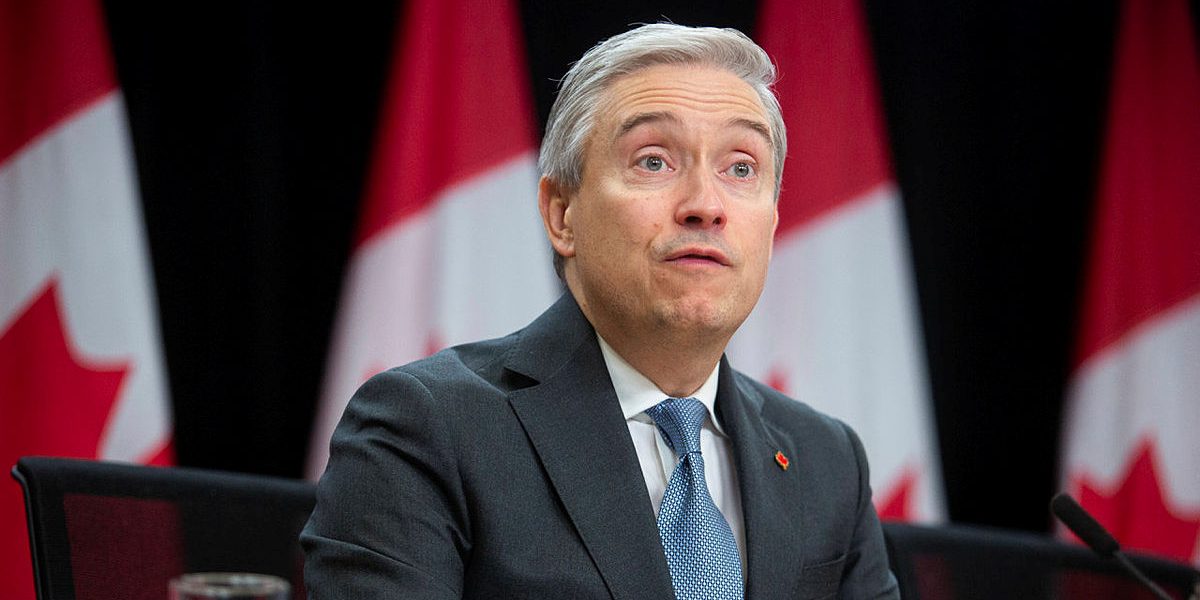Richard White
Senior Member
It will be interesting to see what the LPC becomes once Trudeau has been defeated. Do they return to the era of perennial losers of the likes of Martin, Ignatieff and Dion while the Cons ride this disarray to repeat a Harper-like decade's rule?
Is there anyone from Quebec, and it must be a Quebecer (sorry Freeland, Anand, LeBlanc, Carney, Nenshi, etc.), who can take over the LPC after its coming defeat? The Quebecers are pretty thin on PM material, here's all 34 Quebec MPs.
Maybe Champagne? If he's not given the lead he might bounce.

Quebec Liberals want Champagne for the provincial leadership—and he's not ruling it out
Industry Minister François-Philippe Champagne’s name generates the ‘most interest and enthusiasm’ amongst Quebec Liberals for the provincial party’s top job, says a top Quebec Liberal Party source.www.hilltimes.com
This is what I believe will be the downfall of the LPC. The idea that the head of the LPC MUST be from Quebec really limits themselves.
There are plenty of candidates but the idea we have to bend over backwards for Quebec is absurd.





